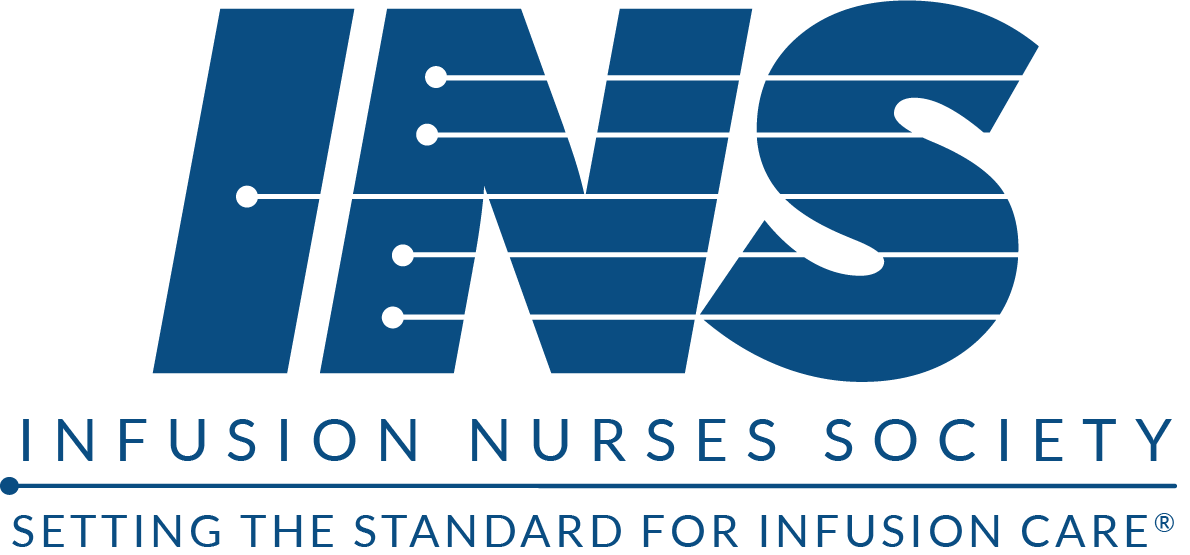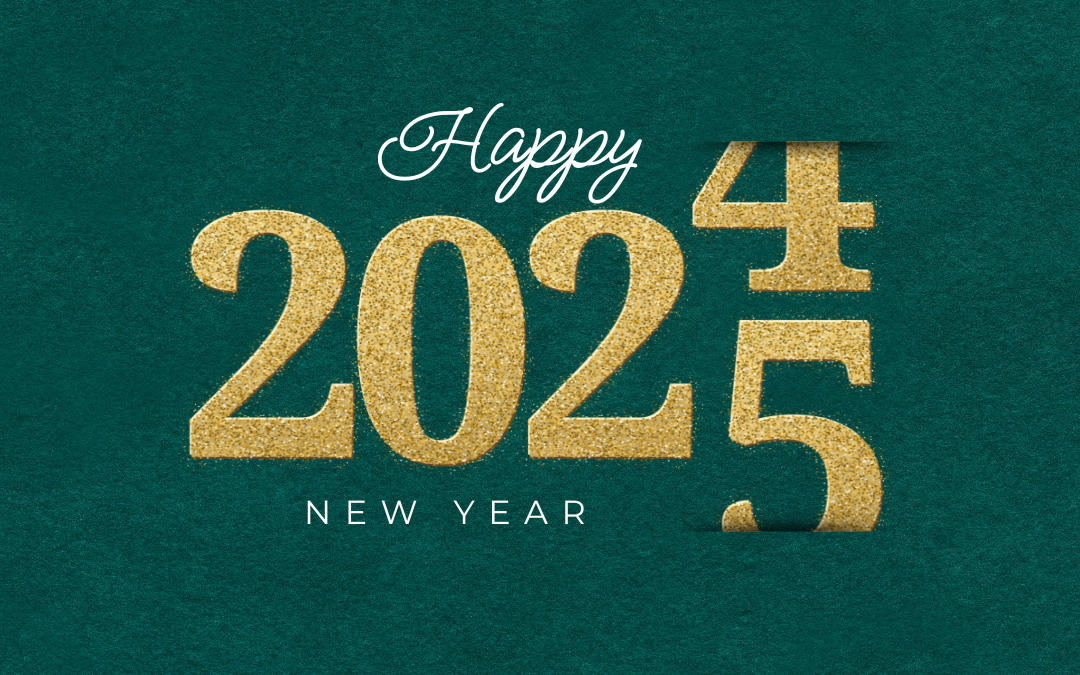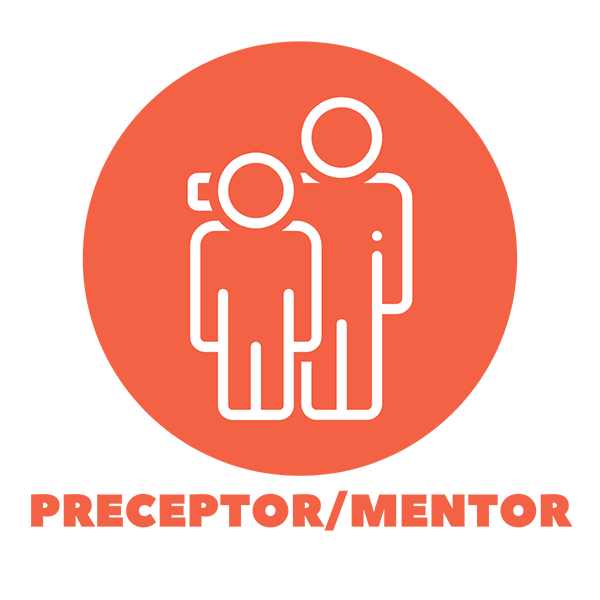It is probably a safe bet that most of us hear these 3 words and can’t believe that yet another year has passed. It is also probably a safe bet that most of us will spend time either looking back at what we did or did not accomplish or looking forward to improving on past results. The creation of resolutions may or may not work for everyone, especially if we are uncertain as to why we are making them.
I recently had the pleasure of attending a meeting of nursing organization leaders. I always find these meetings enlightening, not only for the content of the presentations, but also for the sharing of thoughts and ideas that often occur outside of the meeting room. During a conversation over dinner, a colleague and I were discussing problem solving and the paths that people take. We talked at length about the process people take to get to a decision. It was at that point my colleague stated, “I’m not concerned with the decisions people make. What I do want to know is why they make them.” It is amazing how profound a simple thought can be.
I smiled as I immediately thought of the author, business leader, and visionary, Simon Sinek. He has been described as an unshakeable optimist. Much like my colleague, Mr. Sinek is all about “why.” One of the concepts for which he is well known is his belief that “people don’t buy what you do; they buy why you do it.” If you get a chance, I encourage you to join the more than 67 million people who have watched Mr. Sinek’s Ted Talk, Simon Sinek: How great leaders inspire action | TED Talk. It is during this talk that he explains “The Golden Circle” of what, how, and why that encourage people to think about their cause, their call, and their belief that people buy why you do it.
Take a few moments to let that sink in. How often have you explained what you are doing but don’t necessarily know why you are doing it? Has anyone ever stumped you by asking you “why”? Have you ever responded with “because that is the way we always do it?” Too often we don’t truly understand why we do what we do. We are so focused on arriving at a solution that we forget that the reasons why we do it are important. We realize that questions must be answered, and problems must be solved, but we don’t always understand why. Thus, decisions are made because that is what is supposed to happen. This is not the best way to solve a problem.
This brings us back to where we started – making or not making those New Year’s resolutions. Should we, or shouldn’t we? I think it may be simpler than we thought. Just ask why.







